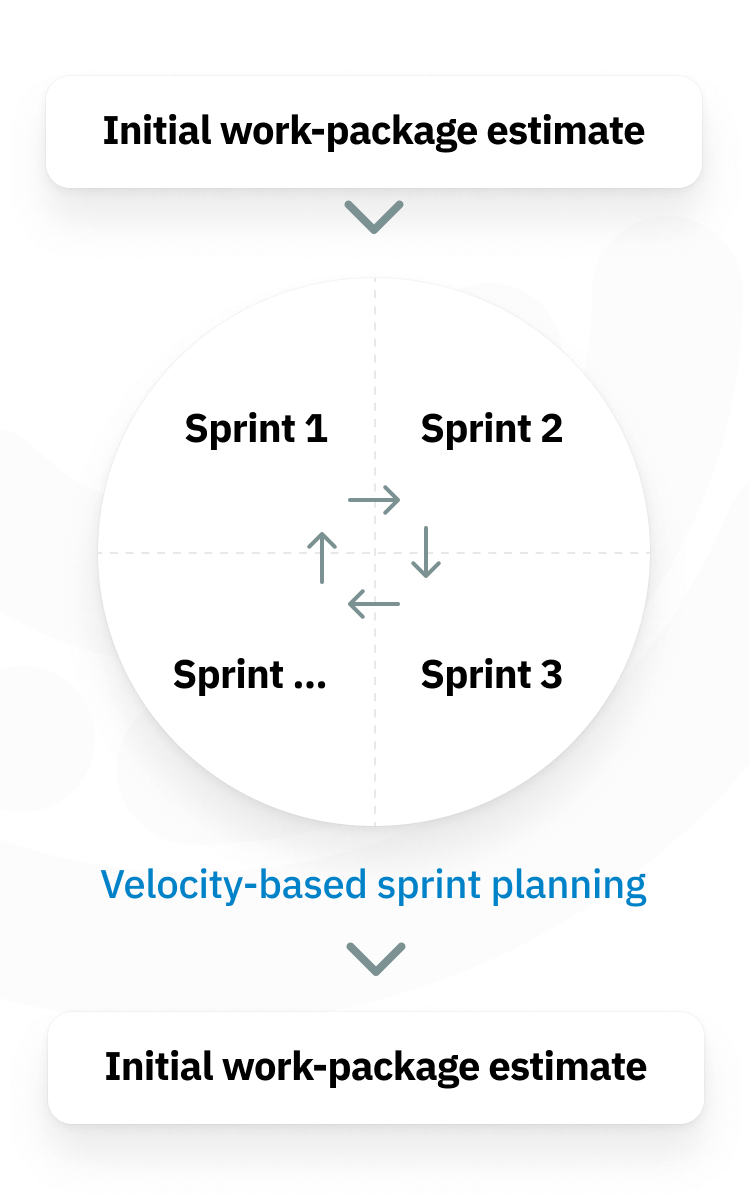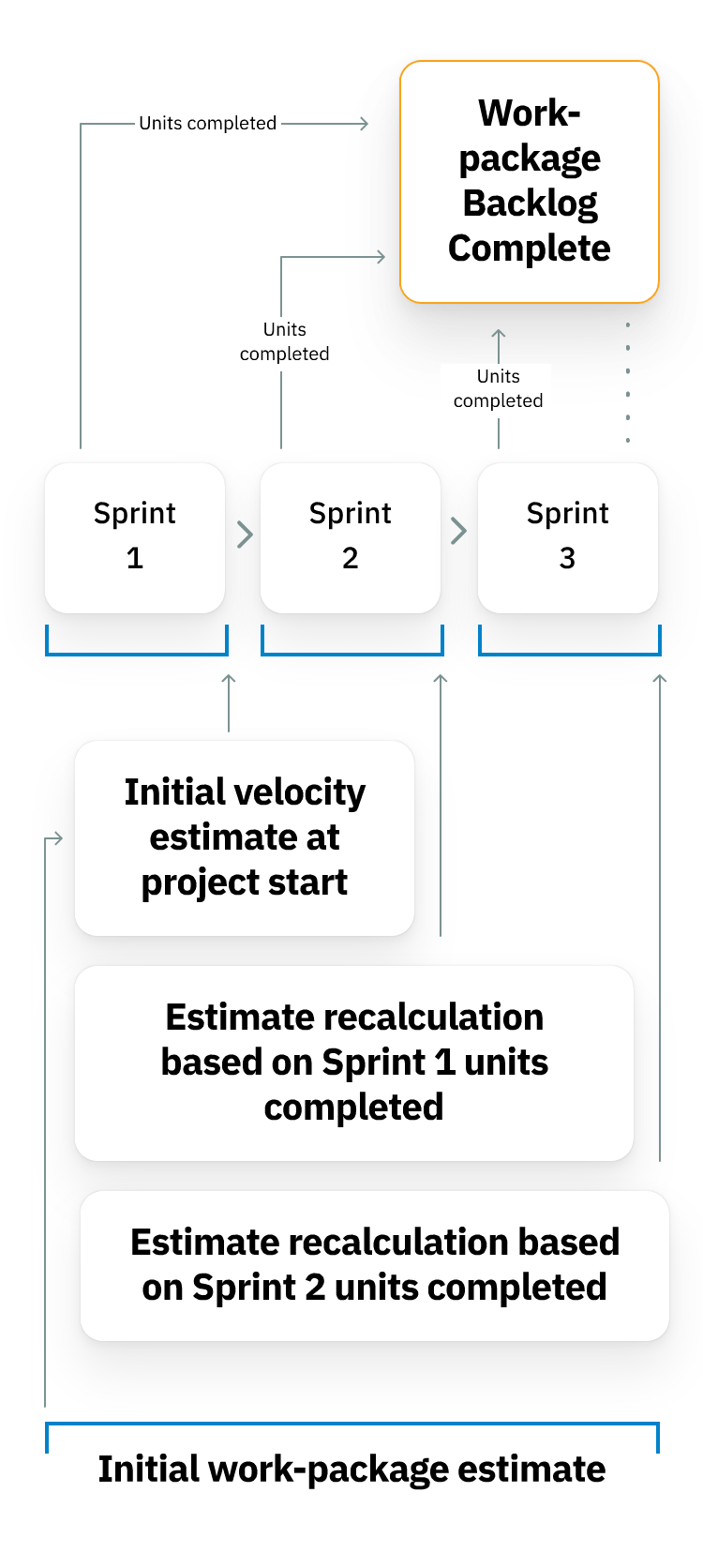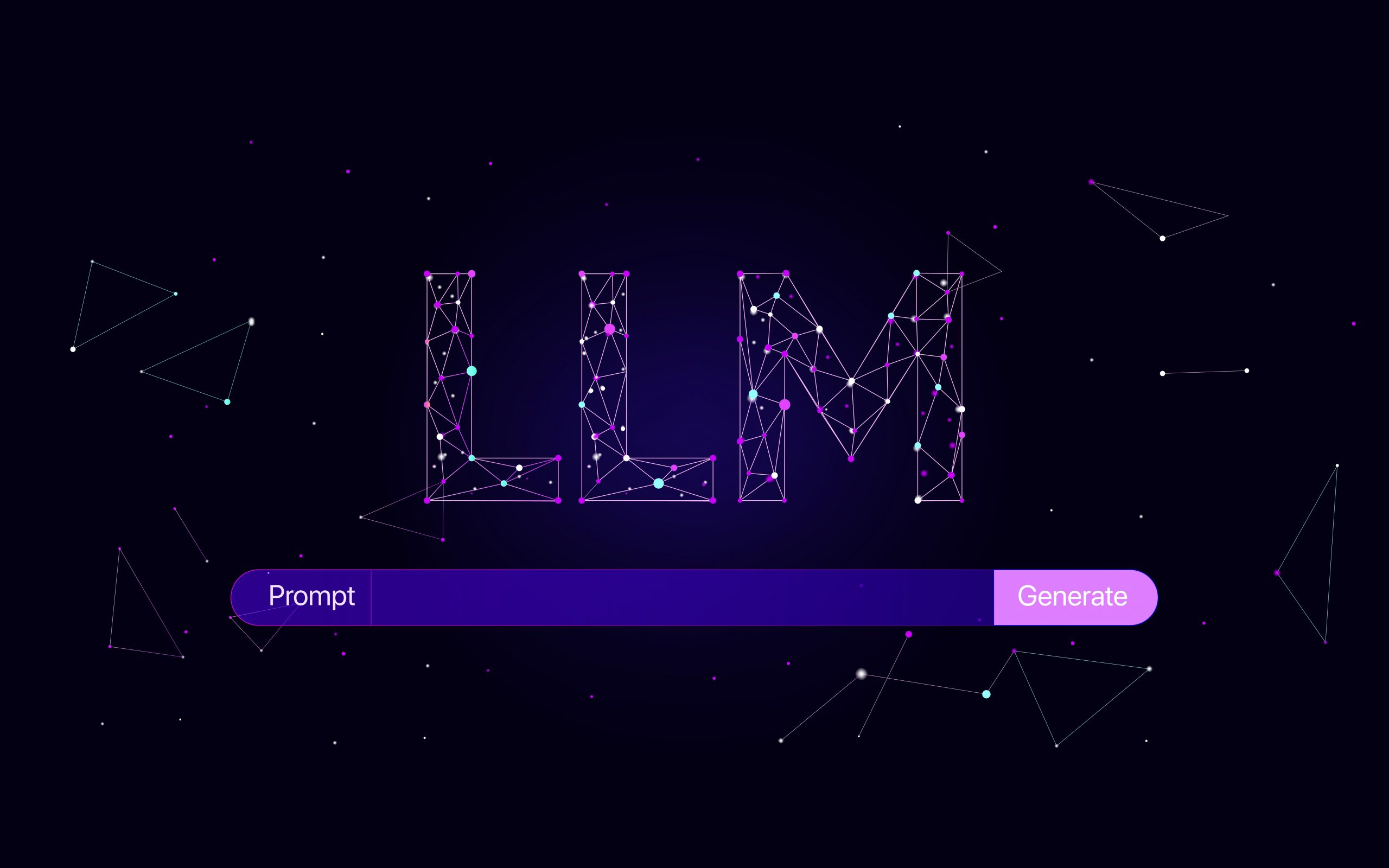
Unit-Based Model
At Intego Clinical we offer flexible and agile solutions to help keep your projects within scope and under budget. With our unit-based engagement model we deliver client projects in an agile and cost-effective manner. These unit-based solutions minimize disruption for the client, ensure reliable budget estimations and timelines, while retaining our ability to incorporate scope changes. Staffed by a talented workforce of clinical data professionals in Central and Eastern Europe, LATAM region and Central Florida, we provide a range of deliverables spanning all major therapeutic areas.
In recent years, the clinical research industry’s new business models are moving away from the full-service CRO model towards more flexible outsourcing solutions. Full-service outsourcing services may struggle to adapt to scope changes, and leave little incentive for CROs to complete projects under budget or ahead of schedule in the fixed-price model. The functional service provider (FSP) or staff augmentation outsourcing model fixes many of these issues, but responsibility for resource utilization and planning falls on the client, which can lower their efficiency.
As an alternative model, unit-based services enable pharma and biotech clients to completely outsource smaller work packages to Biometrics CRO, who controls the workforce assigned to the delivery of units. Unit-based model pricing uses standardised measures based on the completion of tasks and the estimated number of hours necessary to complete each task, which are combined with the hourly rates for resources assigned to the task.
Intego Clinical's agile estimation and planning approach
Intego Clinical has successfully implemented agile SCRUM project management methodology to deliver client projects in an agile and cost-effective manner. Staffed by a talented workforce of clinical data professionals in Central and Eastern Europe, LATAM region and Central Florida, we provide a range of deliverables spanning all major therapeutic areas. If you need assistance with SDTM/CDISC conversion, TLFs production or any other activities the unit-based model is best suited for, our team of data professionals is ready to accommodate your needs.

- Initial work-package estimate – estimating work-package units based on historical information, hourly rates, and team structure, and thereafter adjusting the estimate by assessing the number of risks associated with uncertainty at the beginning of the work.
- Velocity-based sprint planning – using multiple iterations (sprints) to adjust the velocity of the teamwork by uncovering more details on every iteration and mitigating various risks while completing units within the work-package.
- Work-package closure – performing a retrospective work-package analysis to update the historical information related to the estimation and planning, and sharing the expertise gained within the internal team and client.
Velocity-based sprint planning
Intego Solutions (part of Intego Group) is our IT and software engineering practice, founded in 2007. Since then, we have successfully delivered hundreds of projects to clients worldwide across multiple industries, from healthcare and hospitality to oil and gas, retail, finance, and many others. Agile SCRUM has been a de facto standard in the IT industry for many years. For our team of project managers, software engineers, and other IT professionals, SCRUM has been a fundamental part of delivering high-quality projects to our clients in time and on budget, meeting quality expectations and providing cost benefits.

When we launched the unit-based model for our pharma and biotech clients, we saw no other option but to adapt our IT project management expertise to work-packages delivery. With various risk factors, and time and documentation constraints, the only way to provide a predictable estimate and manage our clients' expectations is by implementing a SCRUM-based model that relies on the team's velocity and helps the team foresee an efficient way forward.
The advantages of our unit-based services
- Predictable cost – use of initial baseline price as the basis for an estimation and reserve budget that incorporates risk factors and provides highly predictable final work-package costs. Sprint-based implementation with full transparency guarantees control over work package delivery.
- Concentration on data science (core activities) – the transition of work to vendor as independent work-packages allows your study team to concentrate on data science and analysis, increasing the quality of expected outcomes.
- Fast response to change – agility is all about responding to change fast and effectively by providing full transparency and a collaborative environment. Minimizing the risk of significant changes in scope by following a proactive agile approach results in higher-quality outcomes.
Frequently asked questions:
Unit-based service is the complete outsourcing of individual projects to the CRO, under a transparent unit pricing model.
- Predictable cost
- Concentration on data science (core activities)
- Fast response to change
- Lack of transparency
- Risk of change requests
- No control over resources assigned
With agile SCRUM methodology, our clients have the advantage of incremental delivery. We'll produce a result after each sprint and get compensated based on the units completed during that sprint. This method is commonly used for the development of software and other technological tools, as the incremental approach allows for transparency and gradual completion of the work package.


